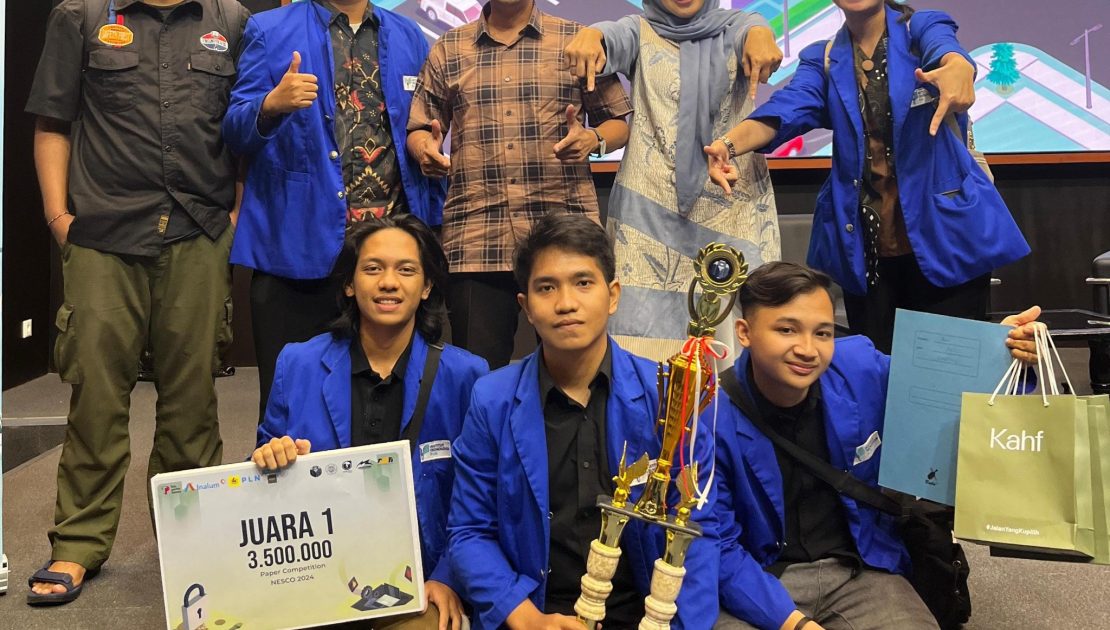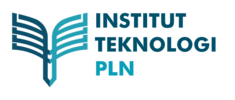ITPLN Students Achieve First Place in the National Electrical Power System Competition 2024

Yogyakarta, May 18, 2024 – Commitment of Institut Teknologi PLN (ITPLN) to Produce Excellent Human Resources in the Energy Sector is Evident In the National Electrical Power System Competition (NESCO) 2024, ITPLN students emerged victorious.
ITPLN successfully sent two teams to the finals, namely “Menyala” and “FOR TEAM”. Other participants included Institut Teknologi Bandung, Universitas Gajah Mada, Institut Teknologi Sepuluh November, and Institut Teknologi Nasional Malang.
The ITPLN student group “Menyala” won first place, comprising Varysxky Kornelius, Muhammad Irgi Rivaldi, and M Raihan Al Bariq Ramadhan, with faculty advisors Hasna Satya Dini, ST, MT, and Adri Senen, ST, MT. These students are assistants from the Electrical Power Systems Laboratory of the Electrical Engineering Department.
The paper presented by ITPLN students was “Master Plan of the Nescovia Electrical System Considering the Impact of Battery Energy Storage System (BESS) and Renewable Energy Power Plant Penetration 2024-2034.”
In a written statement, Adri said, “Alhamdulillah, this victory is an achievement after three years of participating in this competition. Last year, we had three teams reach the finals but did not achieve the best results. This year, we sent two teams and won first place.”

NESCO (National Electrical Power System Competition) is a national-level competition organized by Badan Semi Otonom (BSO) Magatrika (Electrical Engineering Students) under the guidance of the Electrical Engineering and Information Technology Student Association of the Faculty of Engineering, Universitas Gadjah Mada (KMTETI FT UGM), focusing on high-voltage electrical issues.
ITPLN’s vision is to become an International-Class, Modern, Independent, and Excellent University in Energy and Environmentally Oriented Technology. Utilizing a 4-4-2 learning system—40% theory, 40% problem-solving, and 20% industrial lectures—ensures that graduates are well-prepared to solve real-world problems upon graduation.
